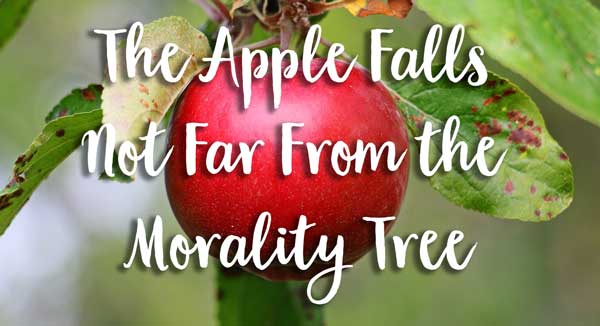We believe… that it is our responsibility to care for the poor, the sick and the disadvantaged, and to use our talents for the betterment of mankind through education, opportunity and freedom.
Stewardship Foundation Credo #6
The Stewardship Foundation was founded on six defining principles that remain today our guiding tenets. There are currently 11.2 million unauthorized immigrants residing in the United States (Pew Research Center, 12 June 2019), and the number grows by hundreds of thousands as those who feel compelled to come with the promise of employment stream over the border. Our reaction is a mix of compassion, confusion, and too often political rhetoric. But if we believe in our Principle #6 (above), can we deny these people the education, opportunity and freedom that we hope for all mankind?

On one hand, we are alarmed at the risks that they take from dangerous smugglers looking to exploit these mostly low-skilled workers and their families during their trek north. On the other hand, our immigration policy exists to maintain an orderly and rational means for people to immigrate here, for the betterment of all (the common good).
The Church teaches that good government has two duties: welcome the foreigner out of charity and respect for the human person, and to secure one’s border and enforce the law for the sake of the common good.
The U.S. Catholic Bishops’ pastoral letter of 2003 “Strangers No Longer: Together on the Journey of Hope” notes that all people have the right to economic freedom—the right to work for a living and support their families. In 2003, they could not have foreseen the murder, crime, violence and corruption that would befall Honduras, or that schools would grow so expensive there that families would flee to the U.S. simply to educate their children so they can have a better life.
Even on the heels of 9/11 and the real threats of terrorism, the Bishops perhaps could not foretell the depth of the drug crisis and its ever-greater impact on both Mexicans and Americans as more and more drugs are illegally funneled across the border.
While we struggle to reconcile these things, our hope lies in more targeted, humane, and proportional enforcement measures; cooperation of the countries of Latin America; and the courage to stand by our treasured U.S. Constitution, our laws and leaders while we collectively figure this out.

